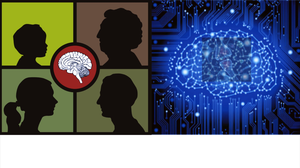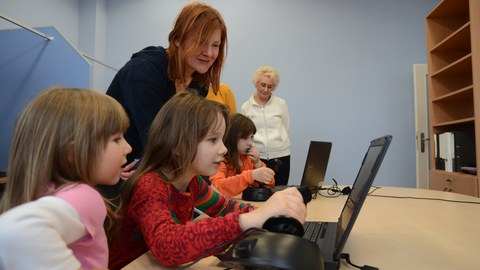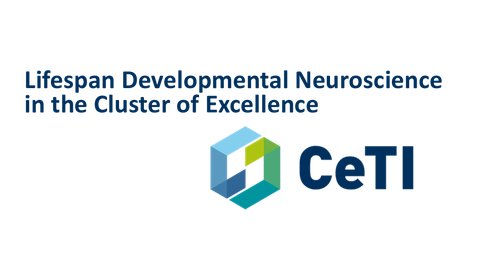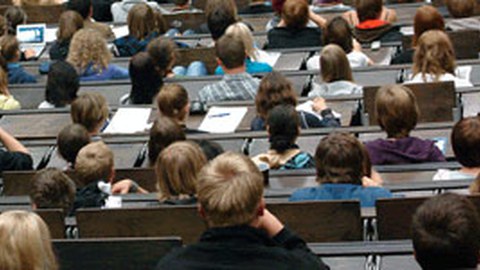 © Shu-Chen Li
© Shu-Chen Li
About the Chair
The research of this department focuses on human development across the lifespan. In particular, we investigate neurobiological and contextual mechanisms of cognitive, motivational, and emotional development from early childhood to old age. A central theme focuses on the interplays between neuronal factors (e.g., neuromodulatory functions) and contextual factors (e.g., reward, stress, substance abuse, cognitive intervention or non-invasive brain stimulations) in affecting lifespan development.
Our research utilizes an integrated array of conceptual tools and empirical paradigms, ranging from neurocomputational studies for theory development over genetically informed behavioral, EEG, and brain imaging studies as well as non-invasive brain stimulation methods, such as transcranial direct current stimulation (tDCS) and transcranial magnetic stimulation (TMS), to investigate developmental and individual differences in brain-behavior relations across the lifespan.
Four thematically related research modules:
(i) Lifespan development of perception, memory, and executive control
The first module focuses on the development of basic “building blocks” of mind and behavior across the lifespan. An aim of this line of research is to relate age-related differences/changes in perception, memory, and cognitive control to brain maturation and aging.
(ii) Neuromodulatory and motivational regulations of behavior
Adaptive, goal-directed behavior requires flexible interplays between executive control, motivation, and emotion. These processes implicate the frontal-parietal, frontal-striatal, and mesolimbic networks that are, in turn, modulated by neurotransmitters (e.g., dopamine and serotonin). The second module investigates lifespan development of neuromodulatory and motivational regulations of learning and decision making.
(iii) Brain and developmental plasticity
A hallmark of development is the brain’s plasticity in adapting its mechanisms through new experiences or stimulations. Neurotransmitters regulate how the brain reacts to cognitive interventions (e.g., memory training) and non-invasive brain stimulations. Using tDCS and TMS we are developing protocols for investigations of lifespan age differences in brain plasticity.
(iv) Neuromodulation, stress and atypical development
Stress is part of life. We plan to expand our research program to investigate interactions between stress and neuromodulation in lifespan development. Given the roles neuromodulatory inbalances play in child developmental and geriatric disorders, we plan to launch collaborations with clinical researchers to investigate cognitive and motivation processes in clinical populations, such as ADHD, Parkinson’s, Alzheimer’s and Schizophrenic patients as well as substance addicts.
____
If you're interested in our research and want to keep up to date, you can follow us on Twitter




